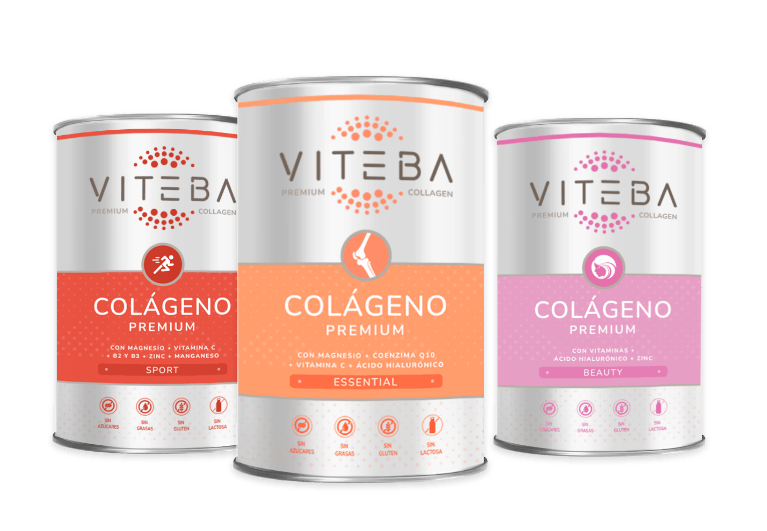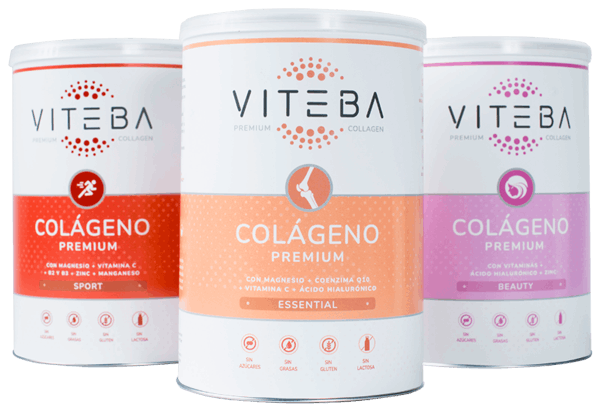3 UNITS = 20% DISCOUNT!
SHIPPING IN 24-48H*.
FREE SHIPPING TO PENINSULA AND PORTUGAL FROM 45€.
FREE SHIPPING TO BALEARIC AND CANARY ISLANDS FROM 65€.
Celiac disease is a chronic autoimmune disease that affects approximately 1 in 100 people worldwide. It is characterized by an adverse reaction to gluten, a protein found in wheat, barley, rye and, to a lesser extent, oats.
When people with celiac disease consume gluten, their immune system reacts abnormally, causing damage to the lining of the small intestine and hindering the absorption of essential nutrients.

For people with celiac disease, symptoms can range from mild to severe and may include abdominal discomfort, diarrhea, fatigue, weight loss, anemia, joint pain, skin rashes and neurological problems. Although gastrointestinal symptoms are common, some people may experience non-gastrointestinal symptoms, making diagnosis even more difficult.
It is important to note that even if symptoms are mild, people with celiac disease should avoid gluten intake altogether.
How do I know if I have celiac disease?
The only way to know if we have celiac disease is for our family doctor or digestologist to order a blood test that includes the anti-transglutaminase IgA antibody. Subsequently the diagnosis will be confirmed with an intestinal biopsy, which should be performed before starting a gluten-free diet.
Only in the case that the analysis and the biopsy confirm celiac disease, we should start a gluten-free diet.
Gluten, as we have explained, is a protein present in wheat and other cereals and is a protein that per se is classified as inflammatory. That is why many people do not feel well with this protein and, without being celiac, feel that eating something that contains gluten has heavier digestions or bloating.
Unfortunately, there is currently no cure for celiac disease, and the only effective treatment is to follow a strict gluten-free diet for life. It involves avoiding foods and products containing wheat, barley, rye and oats, as well as any foods contaminated with gluten during production or processing.
While this may sound complicated, we have some very good news! There is now a wide variety of gluten-free products available in most supermarkets. It is therefore possible and easy to eat a varied and healthy gluten-free diet. Legumes, meat, fish, fruits and vegetables are a great source of vitamins, fiber and high quality gluten-free protein!

At Viteba, we understand the importance of providing safe options for people with celiac disease. That’s why we are proud to offer a line of gluten-free collagen products, specially designed for those who need to follow a gluten-free diet due to celiac disease or other gluten sensitivities.
Collagen is an essential protein that supports healthy skin, joints, bones and more, and our gluten-free formula ensures that people with celiac disease can enjoy these benefits without compromising their health.
If you have celiac disease or follow a gluten-free diet, try our gluten-free collagen products and discover the benefits to your health!

Make Viteba a part of your daily routine and start feeling the difference today!

Join our newsletter to experience the Premium Effect. You will get a 10% discount on your first purchase of our products.

Join our newsletter and get a 10% discount on your first purchase of our products.